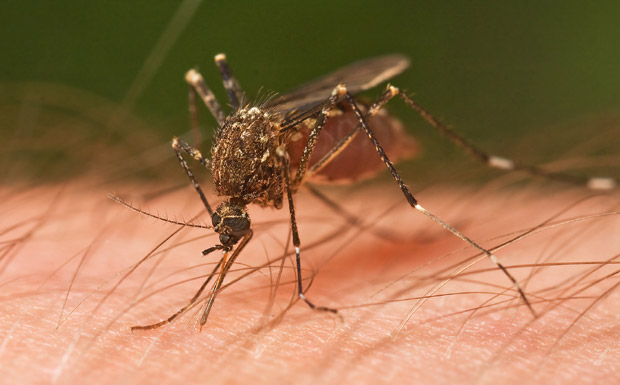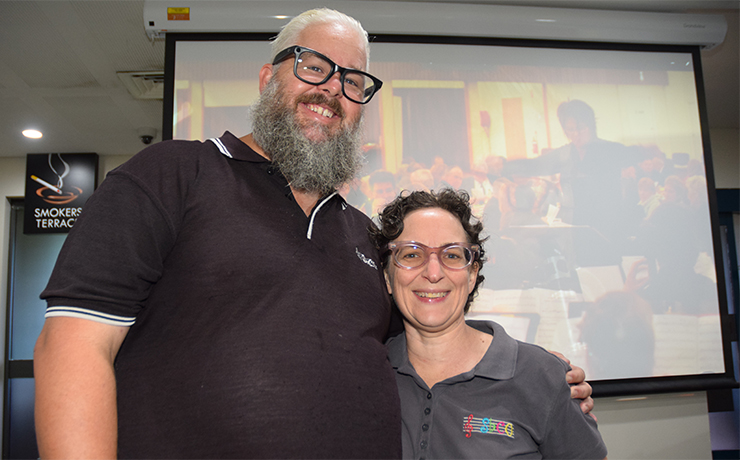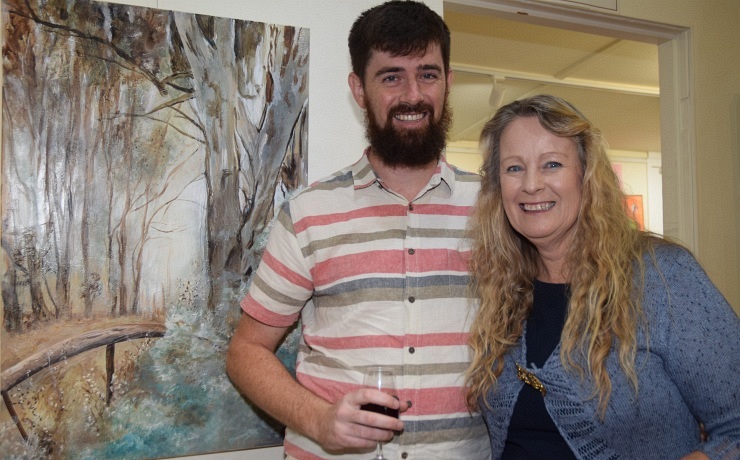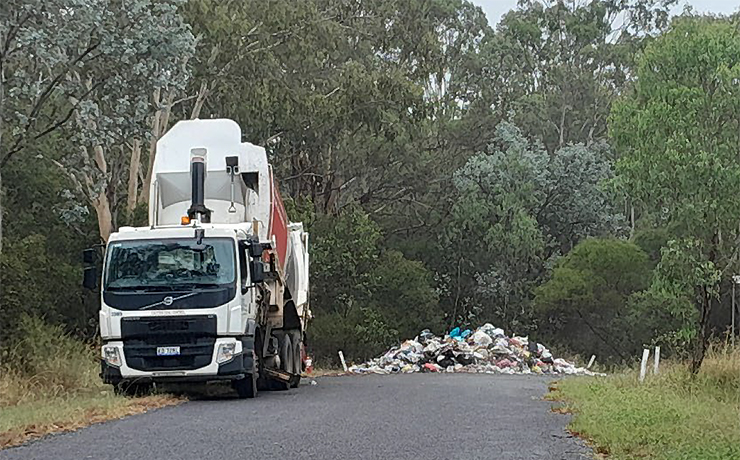
April 30, 2024
Queensland entomologists have detected Ross River virus from a record-breaking number of mosquito samples this summer, coinciding with a high number of Ross River virus cases.
Queensland Health, in partnership with local councils, routinely collects mosquito samples and tests them for Ross River virus infection.
Acting Chief Health Officer Dr Catherine McDougall said this summer (November 2023-April 2024), samples from more than 1225 mosquito traps were tested for Ross River virus, with a record 116 traps testing positive.
“This is the highest number of tests returning a positive result for the virus in a single season since the surveillance program started in 2016,” Dr McDougall said.
Dr McDougall said cases starting to rapidly spike among Queenslanders by late February.
“This year to date, 2065 cases of Ross River virus have been detected in humans – the highest number of cases recorded since the 2019-20 season.
“Cases peaked during the second week of March with 333 weekly cases recorded.”
She said the majority of cases were in south-east Queensland this year, with totals between six to eight times higher than average.
* * *

Dr McDougall reminded Queenslanders need to take measures to protect themselves from mosquito bites even in the cooler months.
“There’s no vaccine or specific antiviral treatment available for Ross River virus, so prevention is key. The most important measure you can do to protect yourself against mosquito-borne diseases is to take steps to avoid getting bitten,” she said.
“Ross River virus can be found in more than 40 different species of mosquitoes across Australia.
“Biting can be experienced at any time of day, but some species are most active at dusk and dawn. It’s best to avoid outdoor activities when mosquitoes are most active.
“Measures to prevent mosquito bites include regularly applying insect repellent containing DEET, picardin or oil of lemon eucalyptus and wearing loose, light-coloured clothing to cover up arms, legs and feet.”
Symptoms of Ross River virus may include fever, swollen and painful joints and rash. Treatment is supportive and involves managing the symptoms that develop.
While most people recover in a few weeks, some people experience joint pain and fatigue for months after infection.
The virus is spread from infected mosquitoes to humans but it does not spread from person to person.
* * *
Queensland Health consultant medical entomologist Dr Cassie Jansen said the department worked closely with councils to collect mosquitoes and screen them for viruses by testing their saliva.
“Queensland is one of the only places in the world that routinely tests for mosquito-borne viruses by sampling the saliva from mosquitoes,” Dr Jansen said.
“The process of collecting and testing mosquito samples takes less than a week, providing us with a relatively rapid way of assessing risk.
“Local governments collect the mosquitoes in specialised traps incorporating a honey-soaked card to encourage the mosquitoes to deposit saliva which is then tested for the presence of viruses.
“Using this method, we can test the samples for a range of mosquito-borne viruses including Ross River virus. It is also a useful tool to adapt to new virus threats as they emerge.
“For example, when Japanese encephalitis virus activity was detected across a number of Australian states for the first time in 2022, Queensland was able to add this virus to the suite of viruses being tested. This provided us with ability to rapidly assess risk to communities,” she said.

























